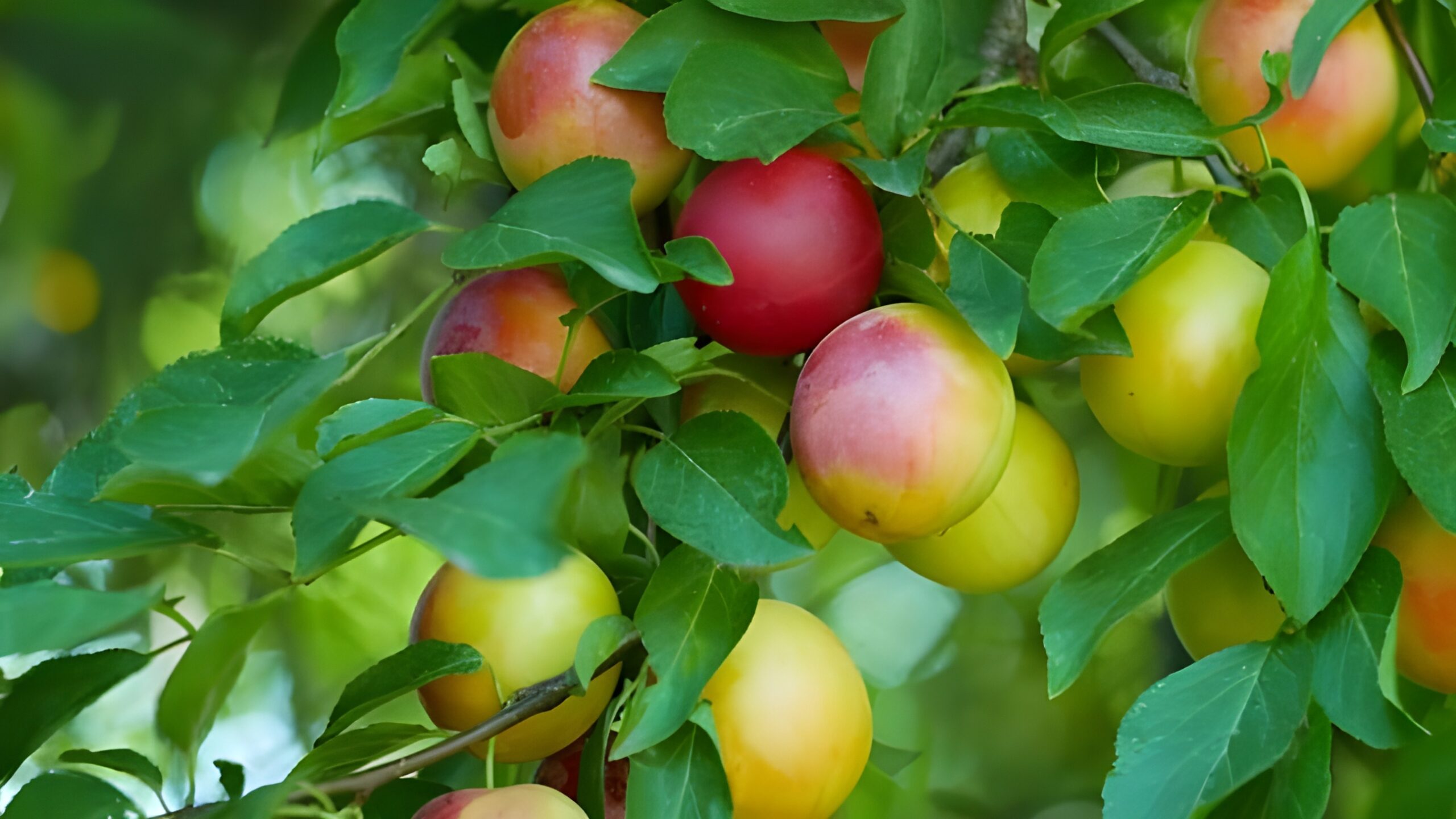
Cherry Plums All Information And Facts About This Delicious Treat
cherry plum P. cerasifera is an upright, rounded, twiggy, deciduous tree producing small, white flowers in early spring as the leaves open, sometimes followed by edible, red, orange or yellow, plum-like fruit about 2.5cm long Other common names myrobalan myrobalan plum see more weeping plum Synonyms Prunus cerasifera 'Cherry Plum' Prunus korolkowii
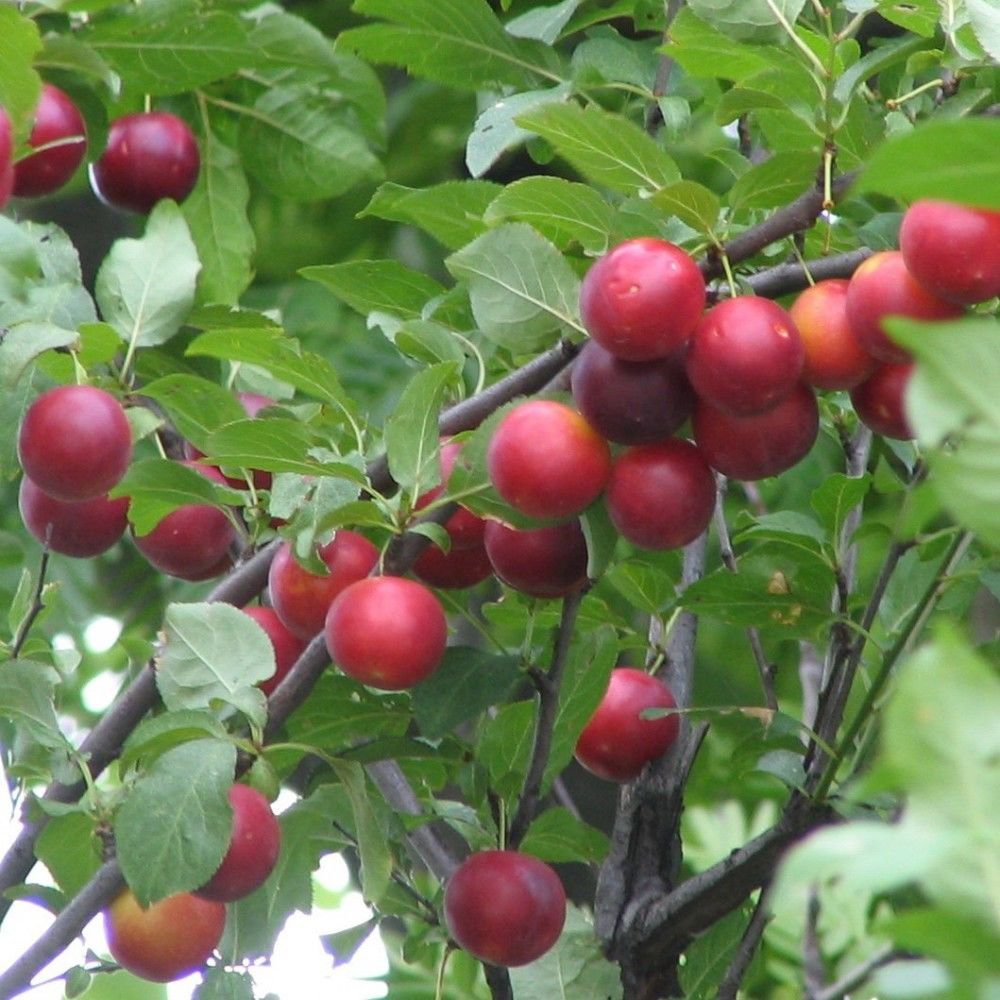
CHERRY PLUM Prunus Cerasifera / Myrobalan 5 SEEDS
Cultivation The cherry plum is a popular ornamental tree for garden and landscaping use, grown for its very early flowering. Numerous cultivars have been developed, many of them selected for purple foliage, such as P cerasifera var pissardii (Carrière) L.H. Bailey ( P. 'Atropurpurea').

Cherry Plum Everything That You Need To Know Fruigees
Flor de Bach Cherry Plum propiedades | Herbolari del Cel Cherry Plum Ciruelo mirobalano Para qué se utiliza Miedo a perder el control de sus actos, a enloquecer, a hacer acciones irreparables, cuando la carga emocional acumulada es muy grande (por estrés, ira, exceso de responsabilidades, etc.).

All About Cherry Plums A Delicious Treat Minneopa Orchards
Contents show What is Cherry Plum? Cherry plums are round green fruit that's every bit as juicy and flavorful as its relative, the cherry. When ripe, it has a deep maroon color and forms clusters on the tree branches similar to grapes. The cherry plum is widely known among locals in India for its nutritional benefits.
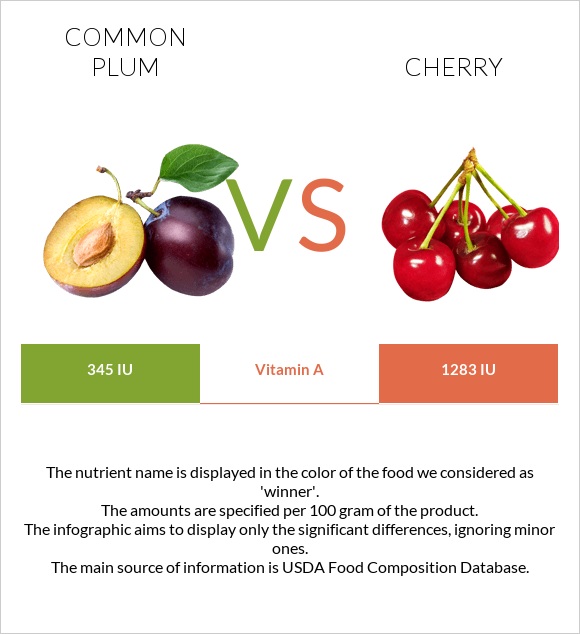
Plum vs. Cherry — InDepth Nutrition Comparison
Background. Technically the term "cherry plum" is the common name for Prunus cerasifera of European origin, but the name is also used more regionally to describe crosses between cherries and plums. The term "cherry plum" as used in this website refers to cherry and plum hybrid crosses. Cherry plums, observed at Carandale, first became.
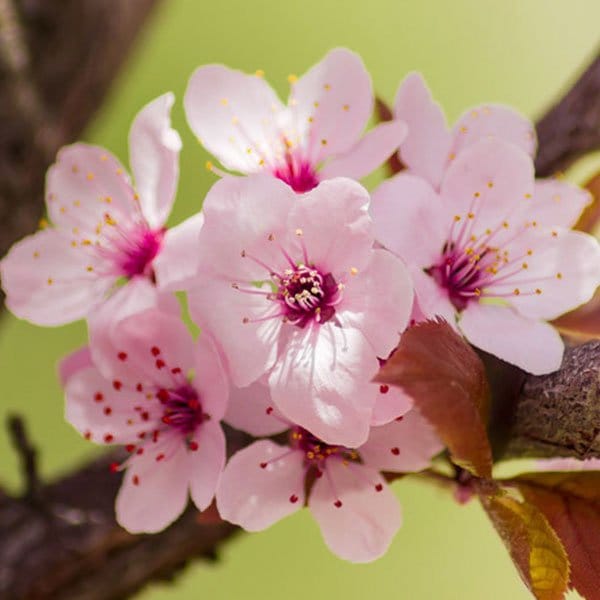
CHERRY PLUM CERASIFERA Herboristería Leizuri
Among the main benefits we have the following: Cherry plum tree Antioxidant properties: Provided by its richness in vitamin E, vitamin A and vitamin B. Yellow plums are especially rich in beta-carotene, very suitable for the preservation of the skin and the proper functioning of vision.

All About Cherry Plums A Delicious Treat Minneopa Orchards
Facts. Cherry plum is a small (15-30 foot or 10 m tall) tree with a spreading crown. It grows fast, but is short-lived. Many cultivars have been bred, including several with purplish leaves. The fruits are edible, though most tasty to birds. The pink blossoms, emerging before leaf-out in early spring, attract butterflies and bees.
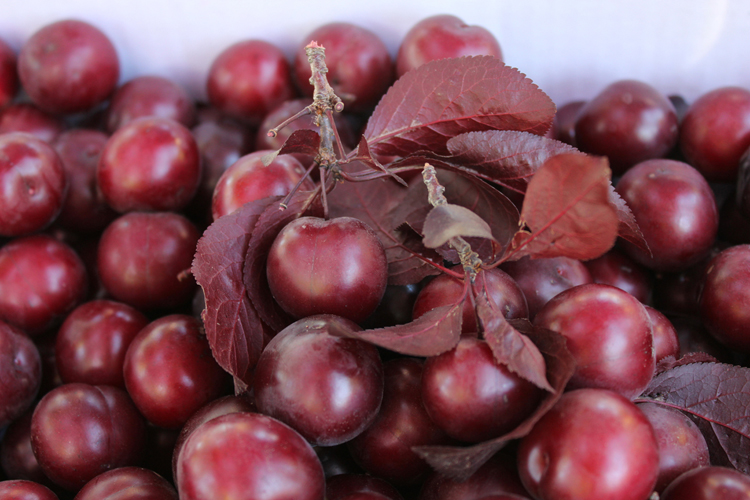
What are the Facts About Cherry Plums? NutraWiki
A very popular ornamental landscape tree, Prunus cerasifera 'Thundercloud' (Cherry Plum) is a medium-sized, upright-spreading deciduous tree with a striking presence in the landscape, whether in bloom or not. This plum tree boasts some of the darkest purple leaves and twigs. Emerging ruby-red in spring, the serrate, elliptic leaves turn dark reddish-purple in the summer and retain their.
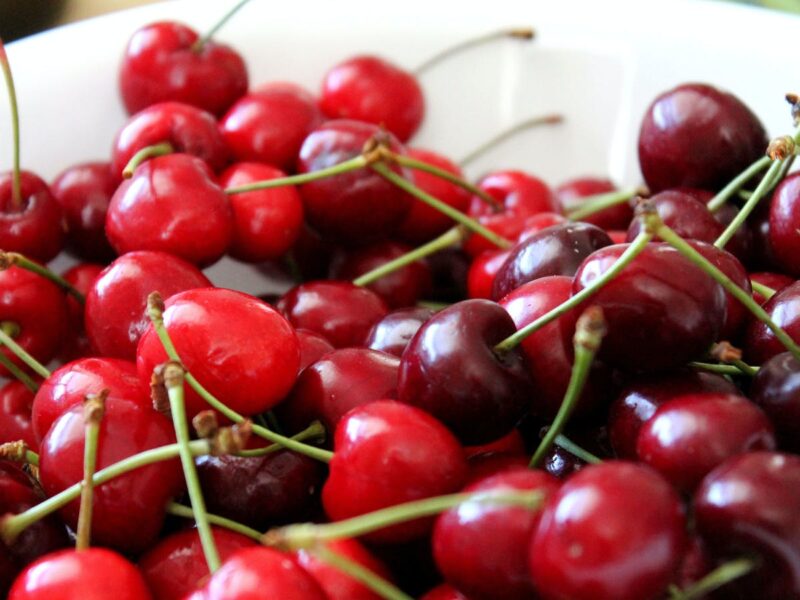
Cherry Plums Benefits Of Physical Health Teachforhk
Cherry plum trees: origin & characteristics. Cherry plum trees (Prunus cerasifera), also known colloquially as myrobalan plum, have been around for over a millennium and were even known to the Celts.In fact, the cherry plum tree is older than the plum tree (Prunus domestica).We know this because the plum was first formed by crossing a cherry plum and a sloe (Prunus spinosa).

All About Cherry Plums A Delicious Treat Minneopa Orchards
Cherry Plum..es un remedio que el Dr. Bach agrupó, junto con otros, bajo el grupo de 'miedo'. El miedo de Cherry Plum es muy específico, ya que se trata del miedo a perder el control de uno mismo y hacer algo terrible hasta el grado de herir a otros o a sí mismo. Cherry Plum también es de gran utilidad para los efectos posteriores de.
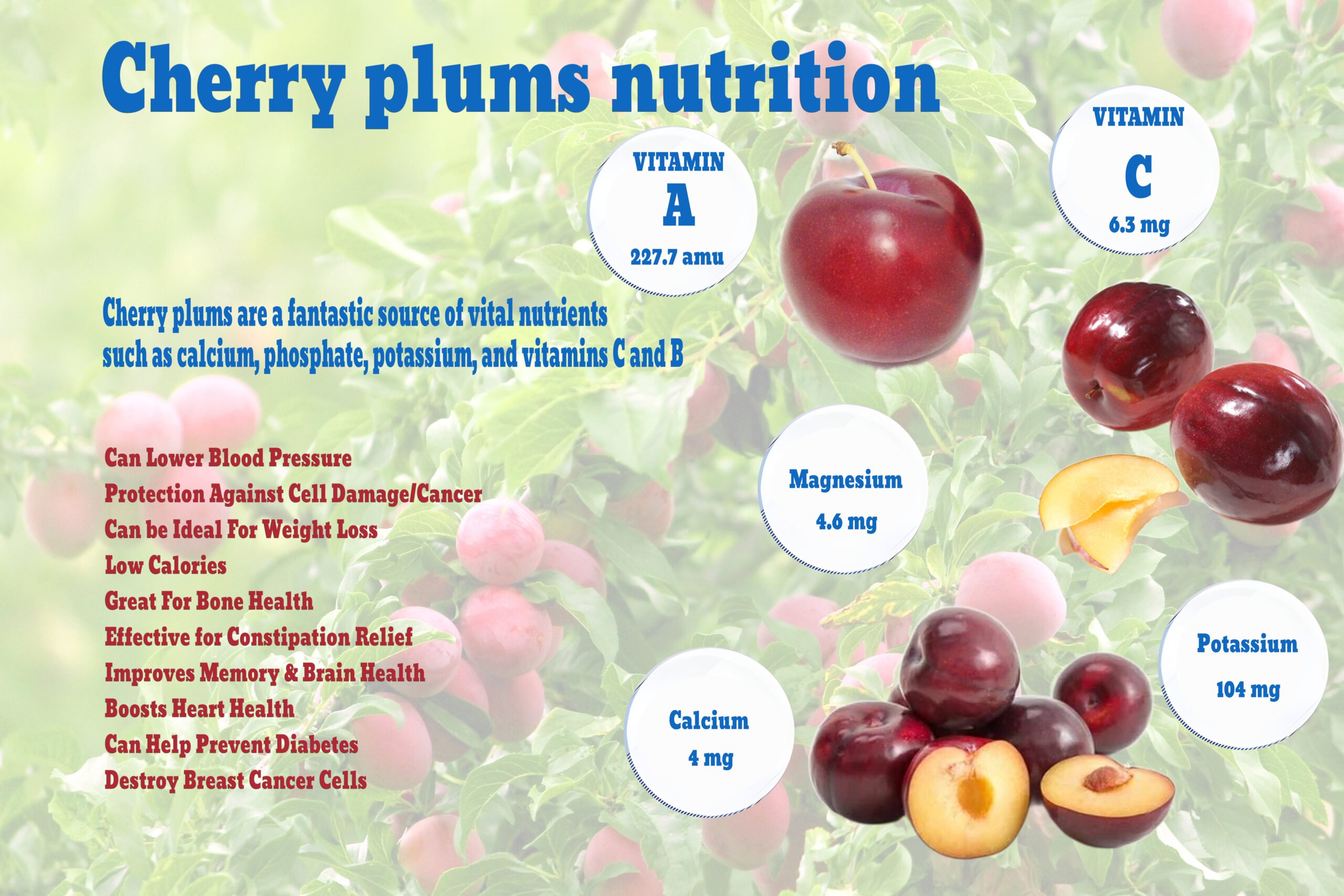
Cherry Plums All Information And Facts About This Delicious Treat
Identification. Habit: The cherry plum tree's height ranges from 15-30 feet (457.2-914.4 cm). It grows a canopy width of 15-25 feet (457.2-762 cm). It is finely branched that contains flowers, fruits, and leaves. Leaves: Its leaves are a solid green color with little fine hairs on the underside of the leaf.
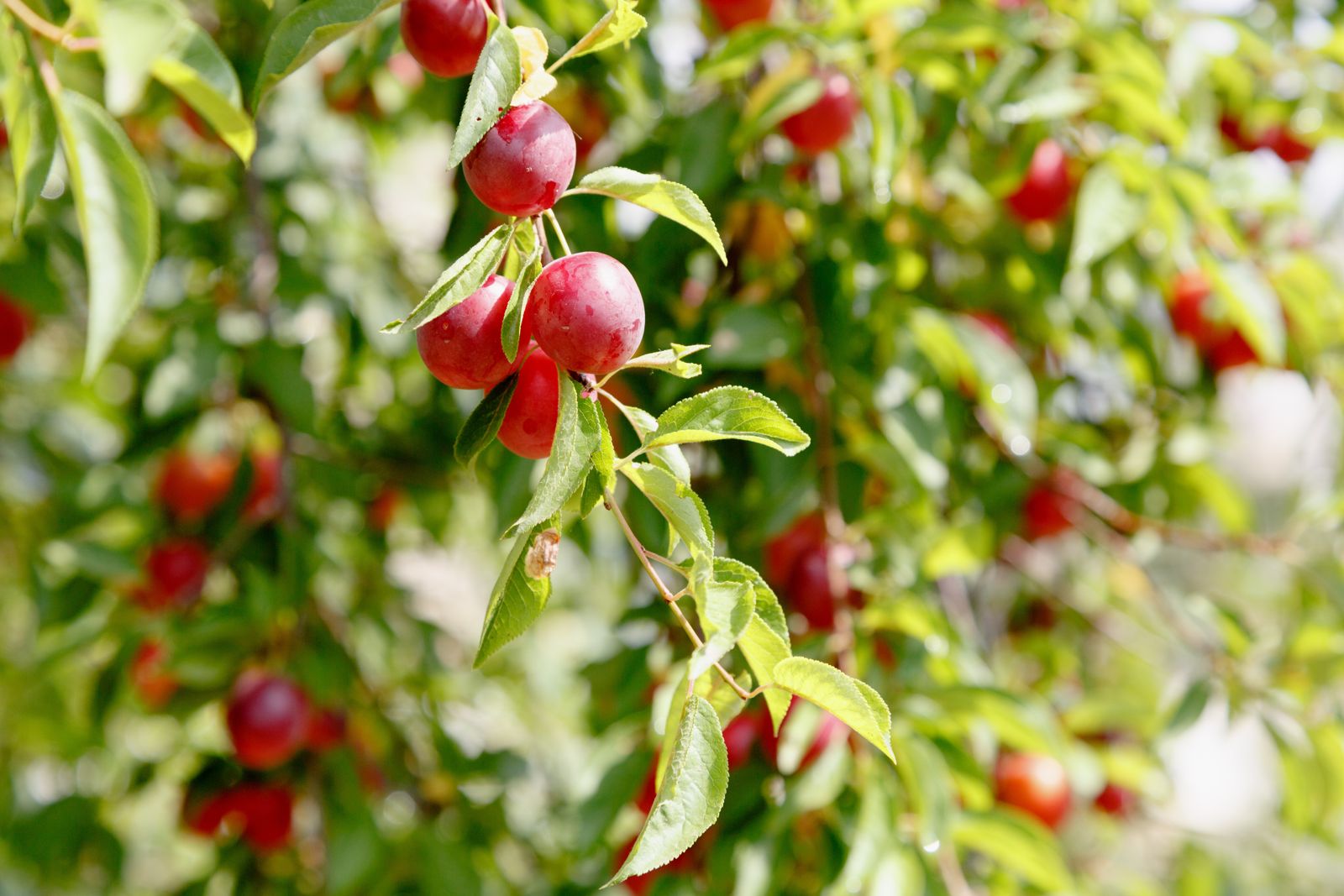
Cherry plum trees growing Prunus cerasifera Plantura
"Cherry plum" can refer to Prunus cerasifera, a group of Asian plum trees that are commonly called cherry plum trees. It could also refer to the hybrid fruits which are literally a cross between plums and cherries. How to grow cherry plum trees also depends on which one you have.
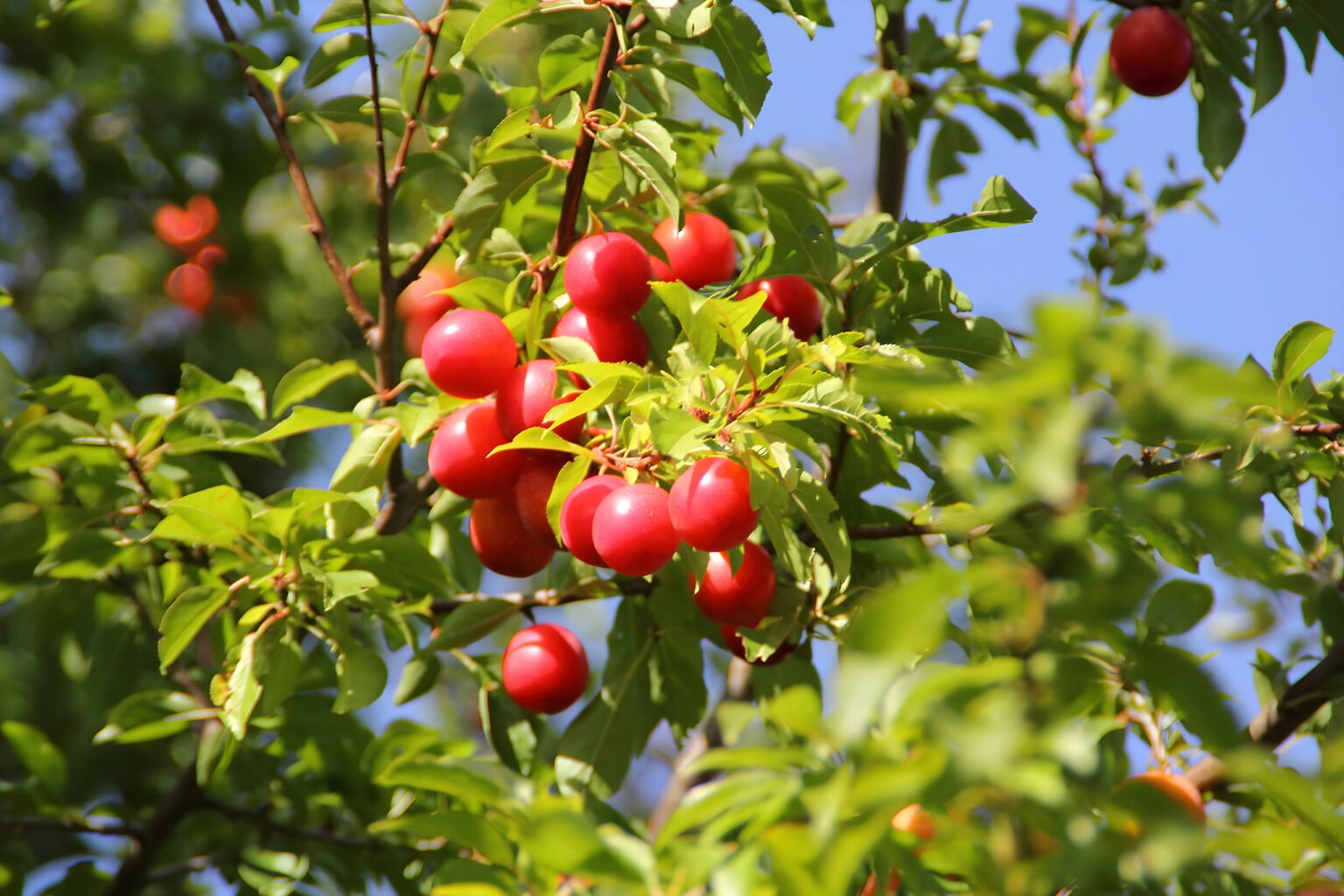
Cherry Plums All Information And Facts About This Delicious Treat
There are two types of cherry plums: early season varieties that ripen in early summer, roughly from mid-June to mid-July, and varieties that ripen from early-mid July to mid-August or mid-September at the latest. Ripe cherry plums have a thin skin and extremely juicy, soft flesh.
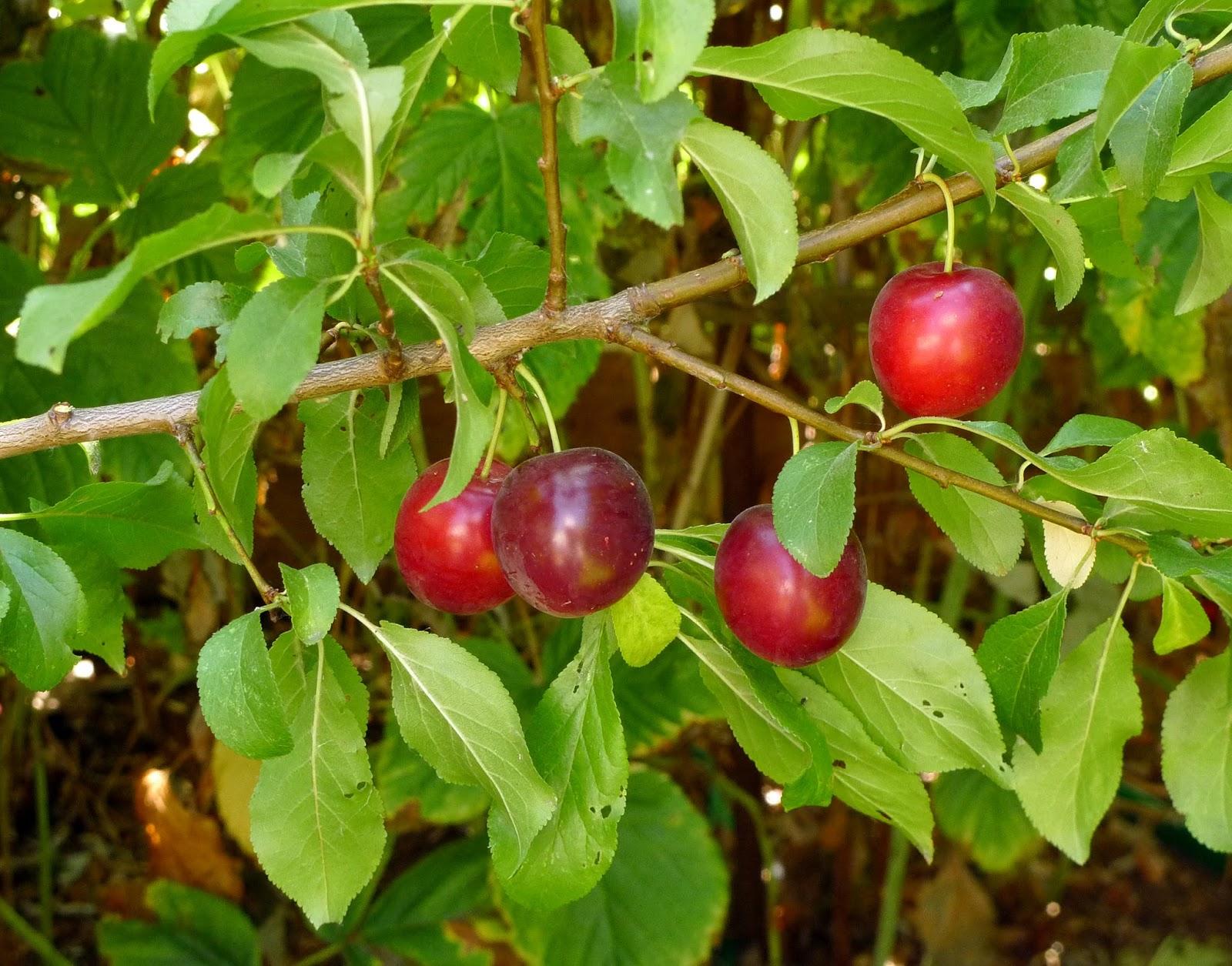
Cherry Plum Information What Is A Cherry Plum Tree Dummer. ゛☀ Garden Manage GFinger es
Propiedades de Cherry plum El miedo al descontrol Esta esencia floral habla de un miedo específico, el de creer que vamos a perder el control de algo. Por ejemplo, conduciendo un coche, podemos sentir miedo a que vamos a tener un accidente, y creemos que no lo podemos controlar.

Growing A Cherry Plum Cherry Plum Tree Care And Information
The purple leaf plum or cherry plum is a medium-sized, ornamental, deciduous tree that is typically short-lived. The tree is upright and twiggy with a rounded to vase-shaped crown and brittle wood. Small, fragrant, pure white, 5-petaled flowers with numerous stamens bloom in the spring as the leaves emerge. The leaves are green, ovate, or.

Plum Fruit Benefits For Skin How To Eat Cherry Plums Health Yogi
Family: Rosaceae Origin: non-native Cherry plum is a broadleaf deciduous tree and one of the first Prunus species to flower in spring. It can grow to 8m. Its bark is dark grey and develops fissures with age, and its twigs are green and covered in a fine down when young. Look out for: the leaf stems (petioles) which have two red glands at the top.